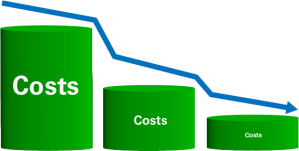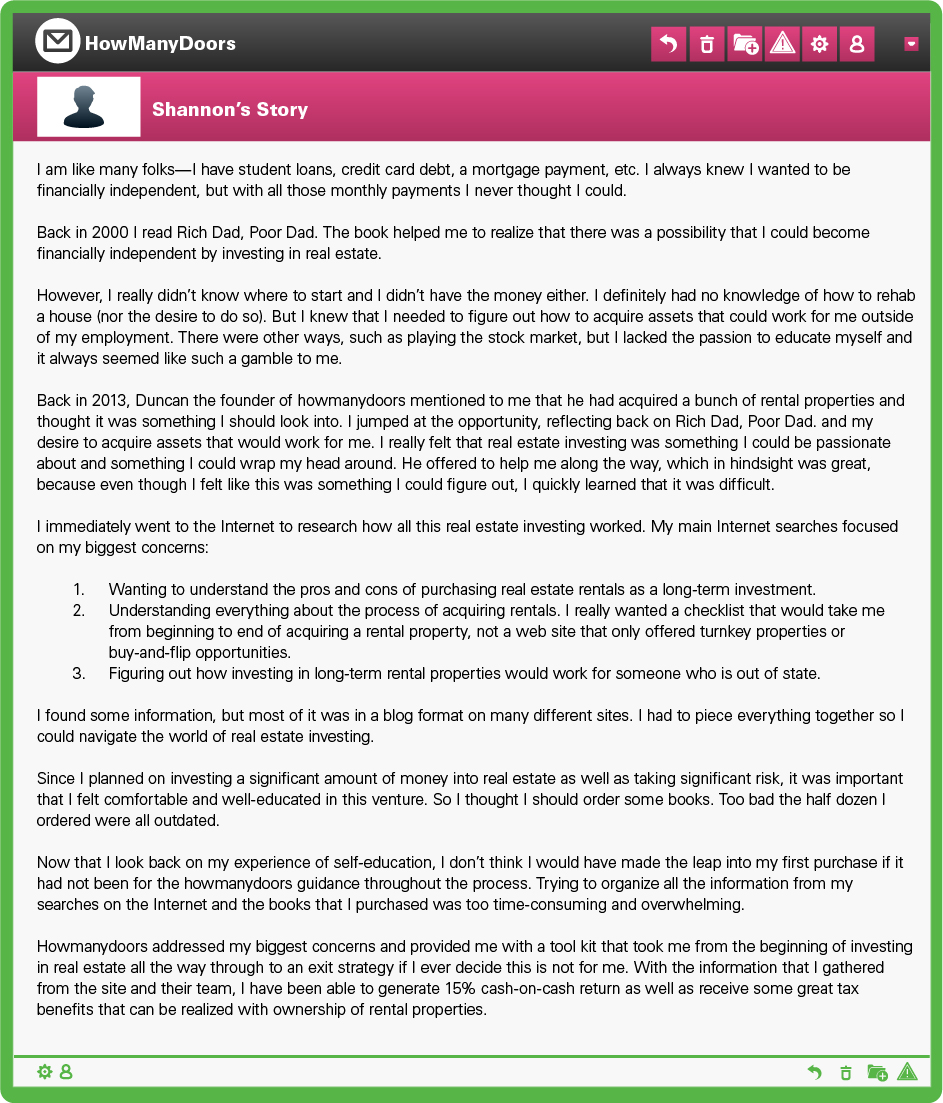 1. Some financing costs and be reduced and some simply cannot. There are two types of financing costs, recurring and non-recurring. Non-recurring fees are one time charges by third parties associated with closing a loan. Recurring costs are interest payments, insurance and property taxes. Investors have more control over recurring closing costs compared to non-recurring.
1. Some financing costs and be reduced and some simply cannot. There are two types of financing costs, recurring and non-recurring. Non-recurring fees are one time charges by third parties associated with closing a loan. Recurring costs are interest payments, insurance and property taxes. Investors have more control over recurring closing costs compared to non-recurring.
2. The easiest way to reduce financing costs is to simply ask. Some entities have the authority to bargain with a buyer while others do not. Don’t expect a vendor to voluntarily provide their best rate.
3. When refinancing, contact the service providers previously used and ask for a discount. Title insurance discounts for example are typically issued for newer policies. You may also get discounts for title insurance if you get your policy at the same place where you hold you close escrow.
4. A seller can provide a copy of an existing survey and sign an affidavit stating there have been no permanent changes to the property such as more square feet, a fence or other impervious cover.
5. Ask the seller to pay for all or part of your closing fees. Sellers are allowed to pay buyer’s closing costs up to 2.00% of the sales price. For a $200,000 purchase, that’s up to $4,000.
6. Your lender may also pay for your closing costs. Sometimes lenders have both “required” fees and fees that may be waived at the discretion of the loan officer. But if you don’t ask you won’t get them. The best time to negotiate is while you’re still shopping around. Get all agreements to costs in writing.
7. By paying a discount point to lower your rate, you can also increase your interest rate and receive an automatic lender credit. On a 30 year loan, raising your rate by about 0.25% can result in a 1.00% lender credit. On a $200,000 loan that’s $2,000. Compare the higher rate with cost savings but it almost always makes sense.
8. Lower your insurance premium by increasing your deductible. Speak with your insurance agent to make sure you’re sufficiently covered and for any discounts that are available.
9. If you close at the end of the month, you’ll save on prepaid financing charges. Mortgage interest accrues in arears and the interest collected at closing is in reality your first mortgage payment. If you close on the very last day, you will only pay one day of interest.
10. Ask if there are any affiliated providers, companies that have a formal business agreement with one another. For example, one parent company may own a title insurance firm, legal, settlement services and other real estate related businesses. You may be able to negotiate discounts using one firm that provides multiple services.





